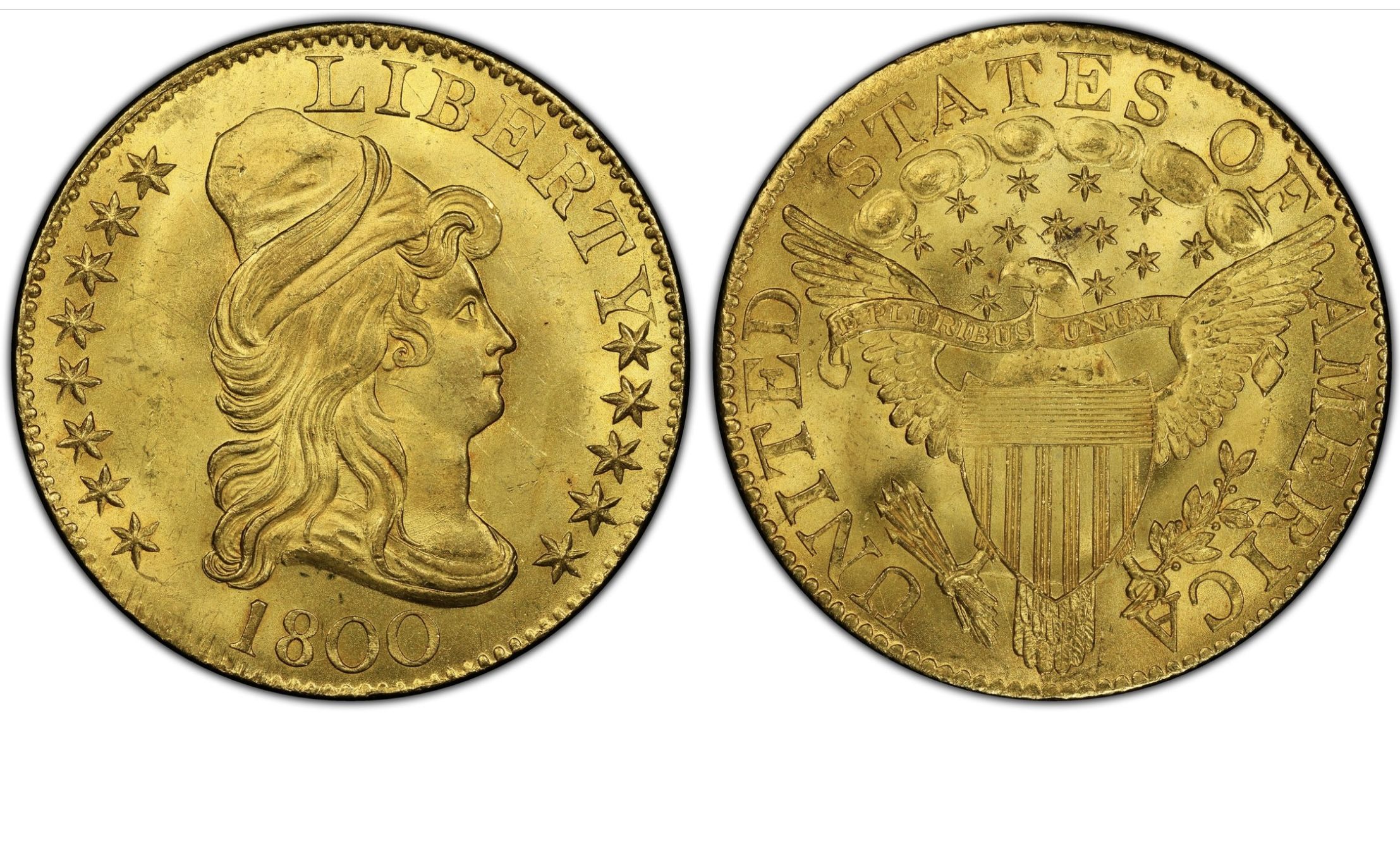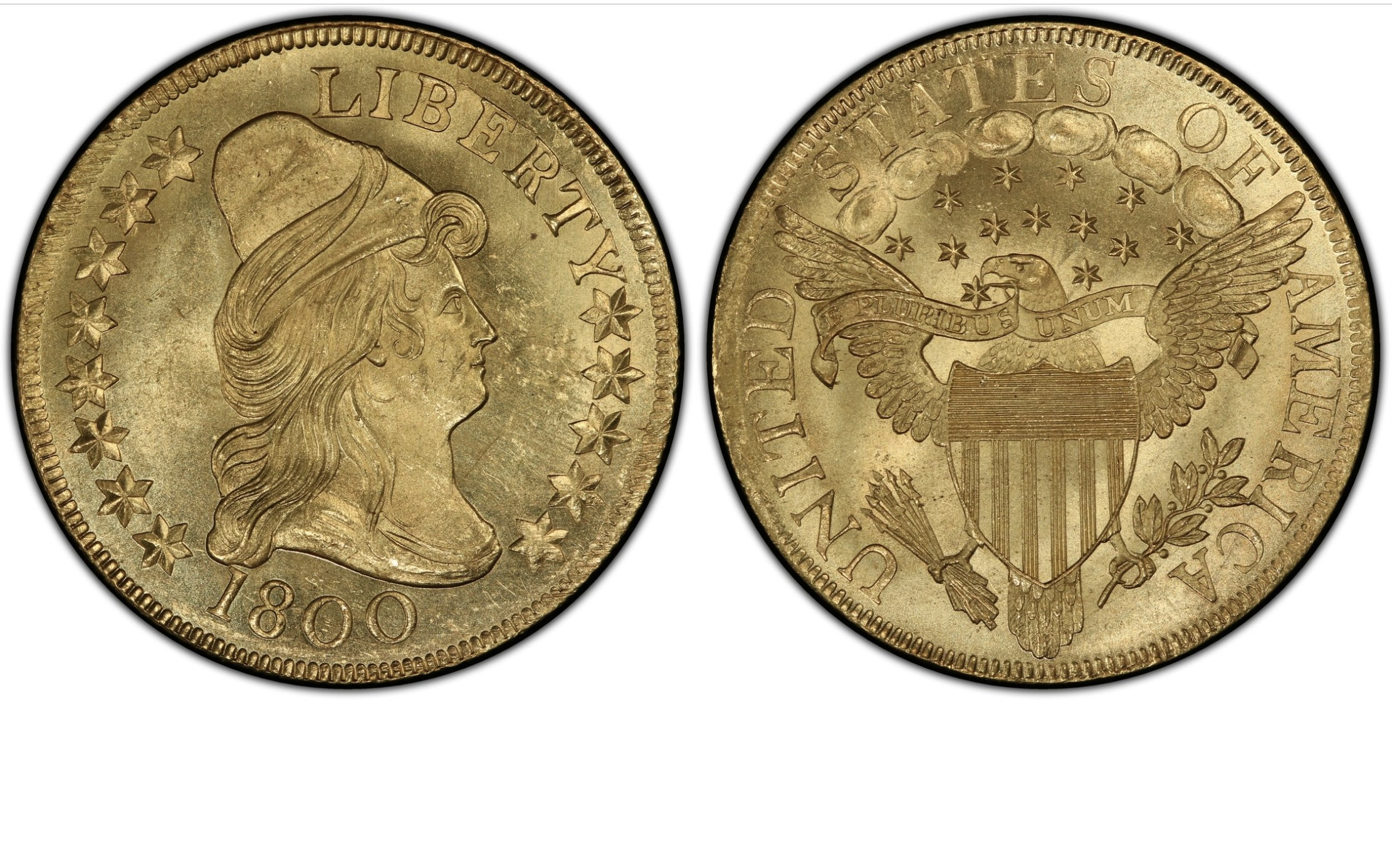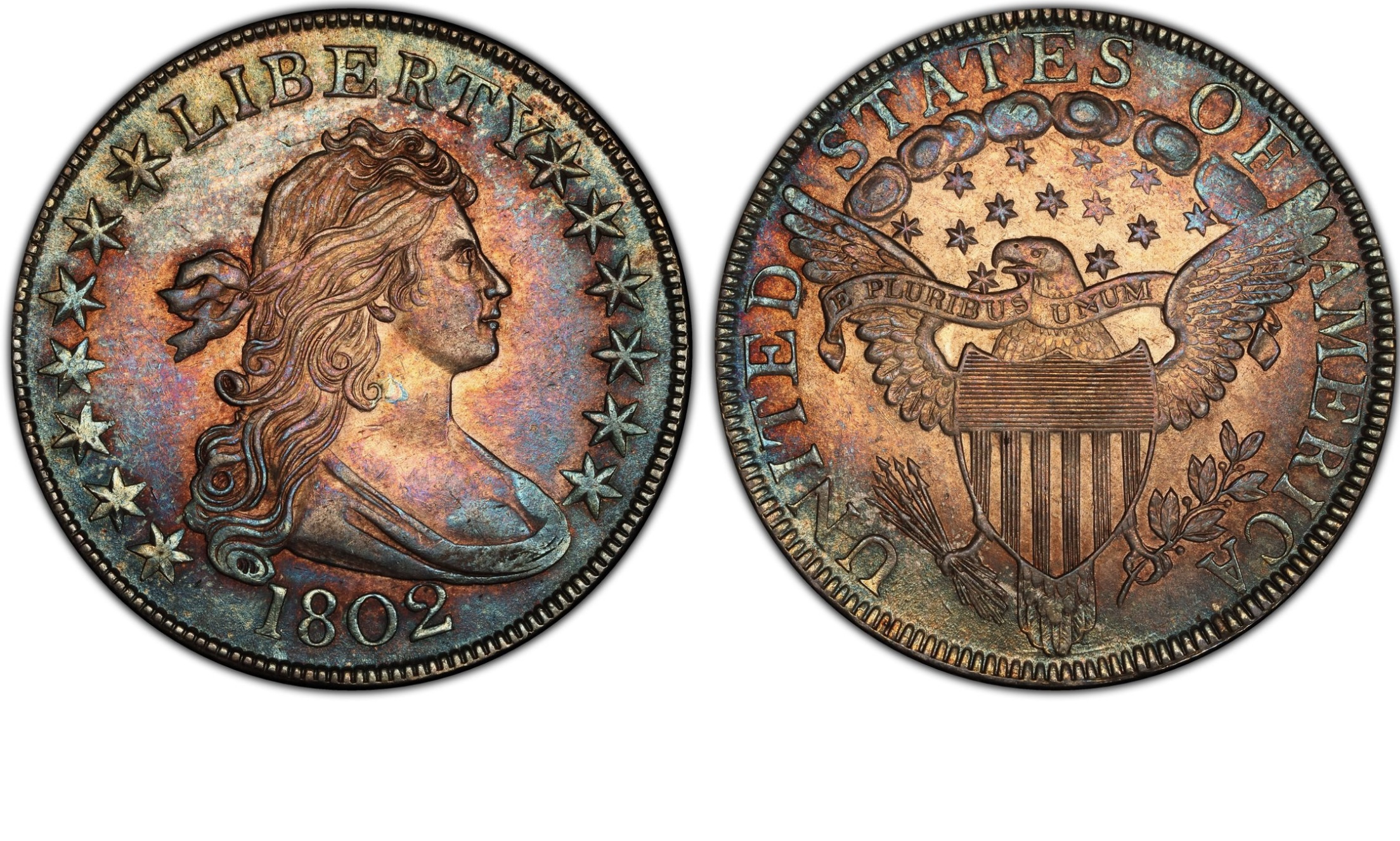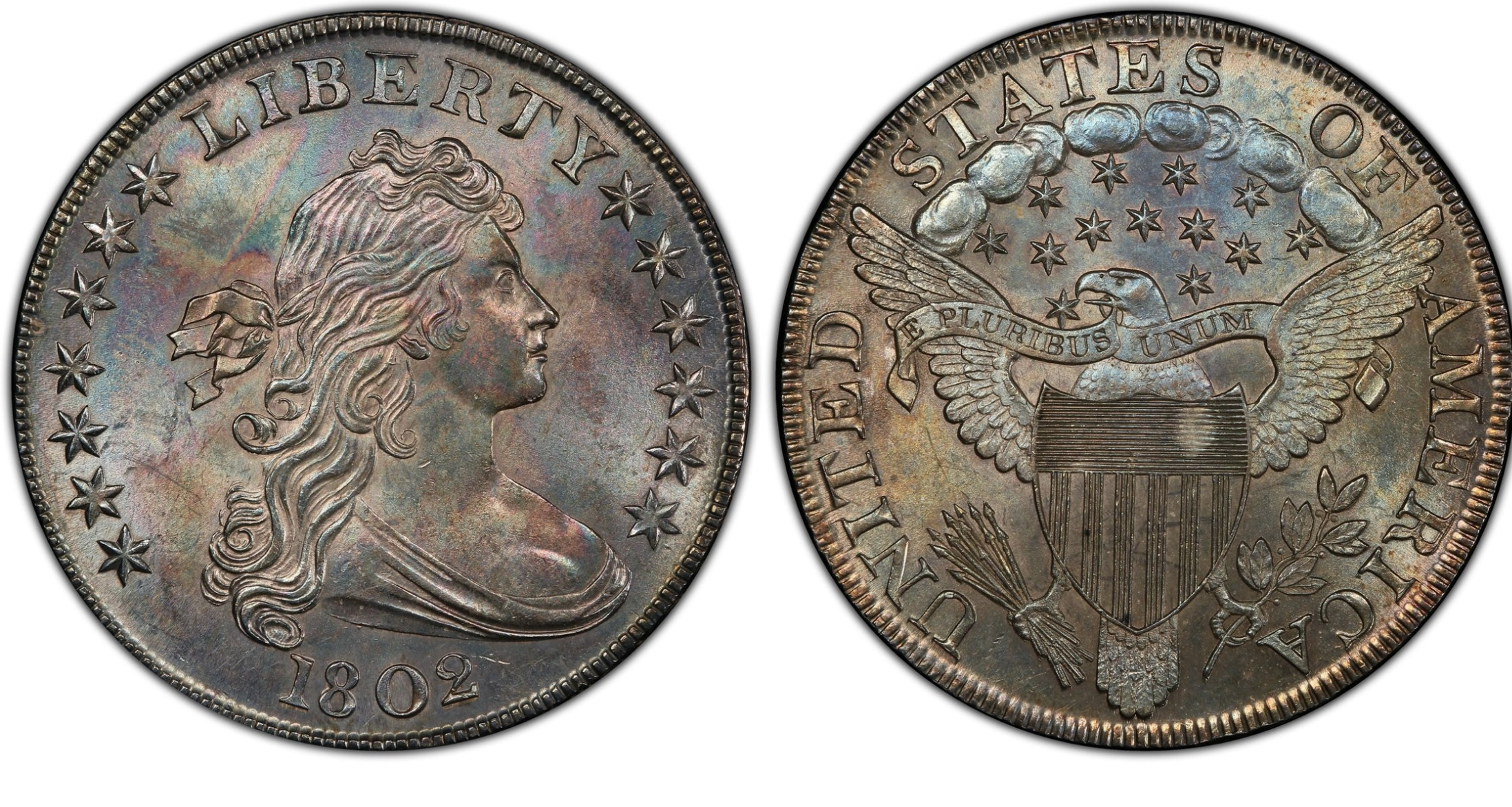How do you differentiate denominations from pictures only on draped bust coins?
 skier07
Posts: 4,475 ✭✭✭✭✭
skier07
Posts: 4,475 ✭✭✭✭✭
As the title says if the pictures are the same size what’s the easiest way to tell what the denomination of the coin is?




6
Comments
Just a guess, but I assume it is size based.
Edit to say my comment is not snarky or snide. When I first realized they do not have the denomination on coin, I assumed it was size based since early coins used as money in the US varied. Without research I figured it was based on size/metal content that linked directly to established values of the era and similarity to circulating foreign coinage.
https://www.autismforums.com/media/albums/acrylic-colors-by-rocco.291/
For the $5 and $10 I can normally just tell by the proportions, the amount of open space, but some subtle differences are the length of the forehead, and the size of the eye. Then, the reverse on the $10s has 4 vertical lines in the shield, vs 3 for the $5s. I think the 1797 $10 reverse has the 3 lines, but the rest of them have 4.
Founder- Peak Rarities
Website
Instagram
Facebook
The number of vertical lines in the shield is a great way to differentiate $5s from $10s. Otherwise they look the same to me.
What are the denominations of these coins and please tell me how you made your choice?
Subtle design differences that become apparent when you study the coins. The larger the coin, the more completely and finely detailed the design and the higher the relief.
Keeper of the VAM Catalog • Professional Coin Imaging • Prime Number Set • World Coins in Early America • British Trade Dollars • Variety Attribution
Glad to see this brought up. I’ve always thought I was just thick, missing something obvious and too embarrassed to ask the question.
Likewise.
half dime, dime, quarter eagle?
Proud follower of Christ!
It'll come to ya 😉
Good job.
I can tell the difference between a dime and dollar but I’m having a tough time with a half dollar vs dollar.
The only definitive way is to attribute the die marriage, but not having a full set of reference books, the obverse stars and tail feathers are different on both the gold and silver, and the earlier mentioned shield lines etc. On lower grade silver coins, these differences can become blurred, so it is best to attribute.
Chief Engraver Robert Scot was very accurate in the reducing or enlarging of design size. I wrote about this in my biography of Scot "The Draped Bust, Heraldic Eagle design was remarkably consistent in scale and shape with all the denominations. This accuracy in re-sizing was much more precise than could be achieved by the human eye with freehand drawing or engraving. Photographic overlays...show only minor variation in shape, usually in the complex facial features or eagle's head..." I then wrote a few paragraphs describing different methods used at that time, before the use of a reducing lathe at the US Mint starting in 1837.
Very carefully.
The denticles don't scale with the diameter of the coin. The higher denominations have more denticles.
Also higher denominations tend to have more, but smaller, bag marks.
Lower denominations tend to have more dramatic areas of either softness or perfection.
As noted above, experience and natural recognition seems to be the quickest and most popular.
But to recognize something quantifiable, dentil sizes and count should give a big clue. Generally, the larger the dentils proportionally appear on the coin, the smaller size/denomination the coin.
@skier07 On the original post, the half dollar has proportionally larger stars, date numerals, and dentils compared to the dollar.
"But seek ye first the kingdom of God and His righteousness and all these things shall be added unto you" Matthew 6:33. Young fellow suffering from Bust Half fever.
BHNC #AN-10
JRCS #1606
Is that why the Louisiana Purchase was so cheap? Did we bamboozle the French with unstated denomination coins?